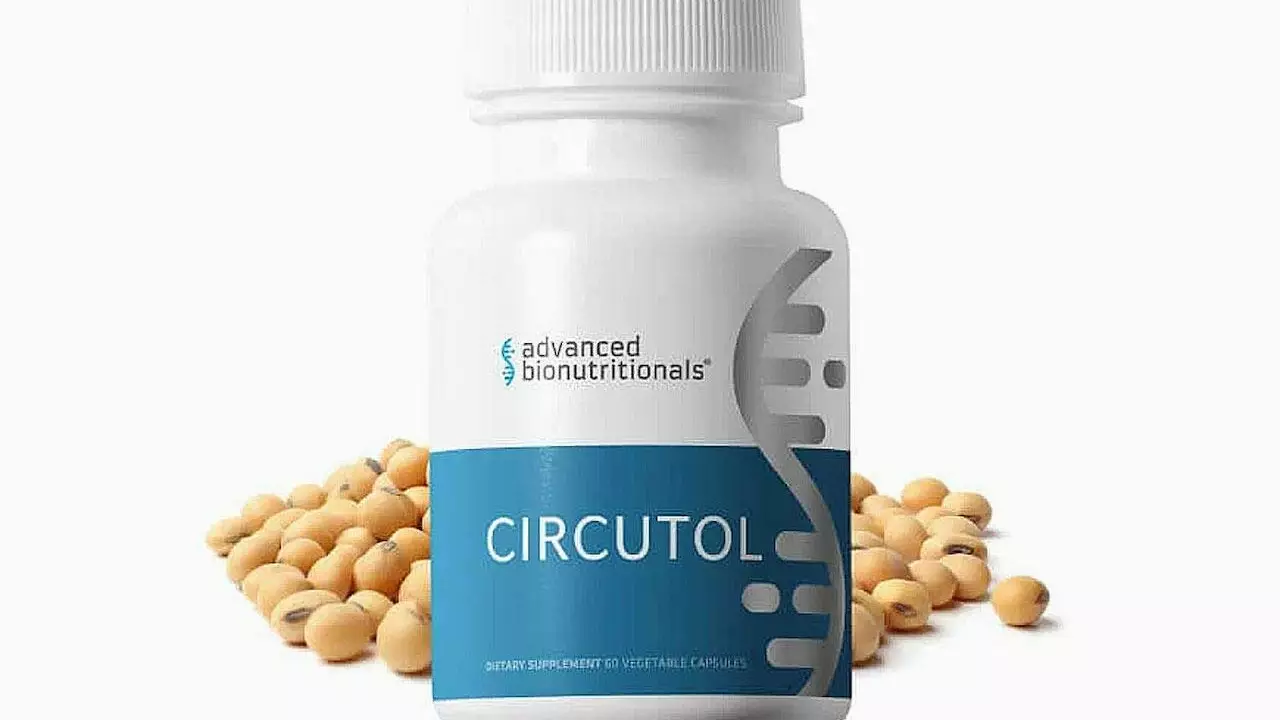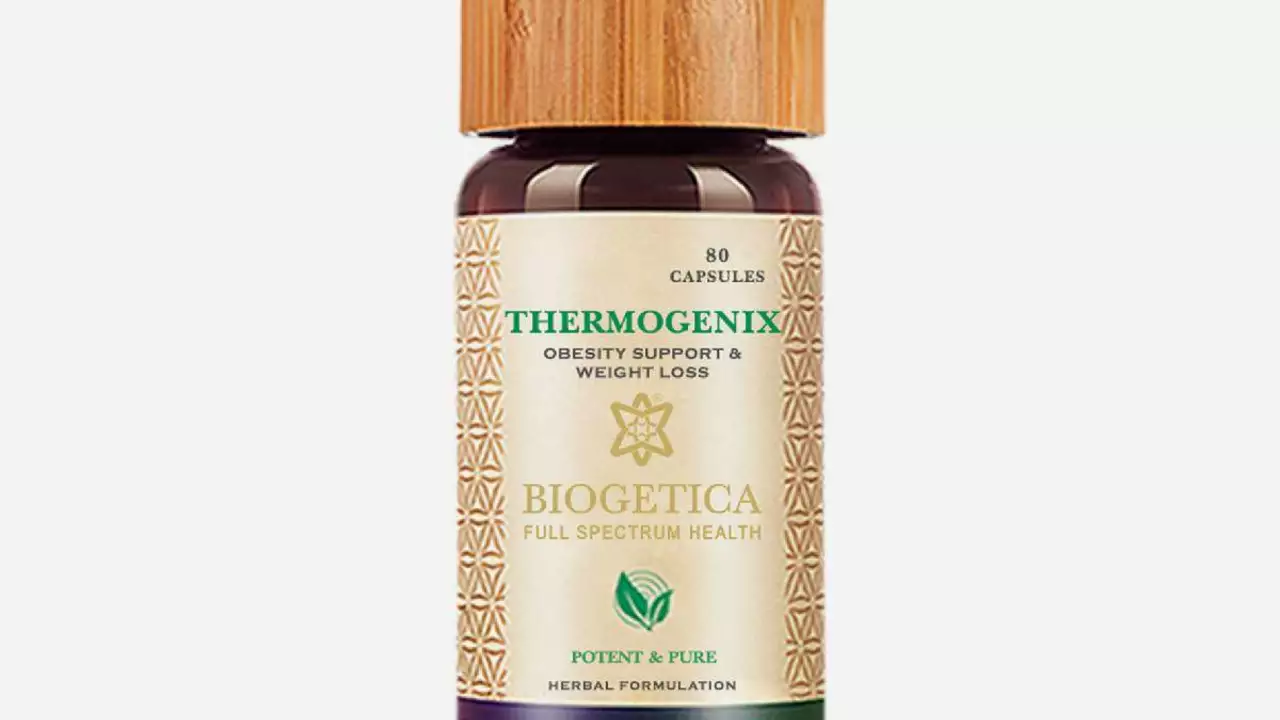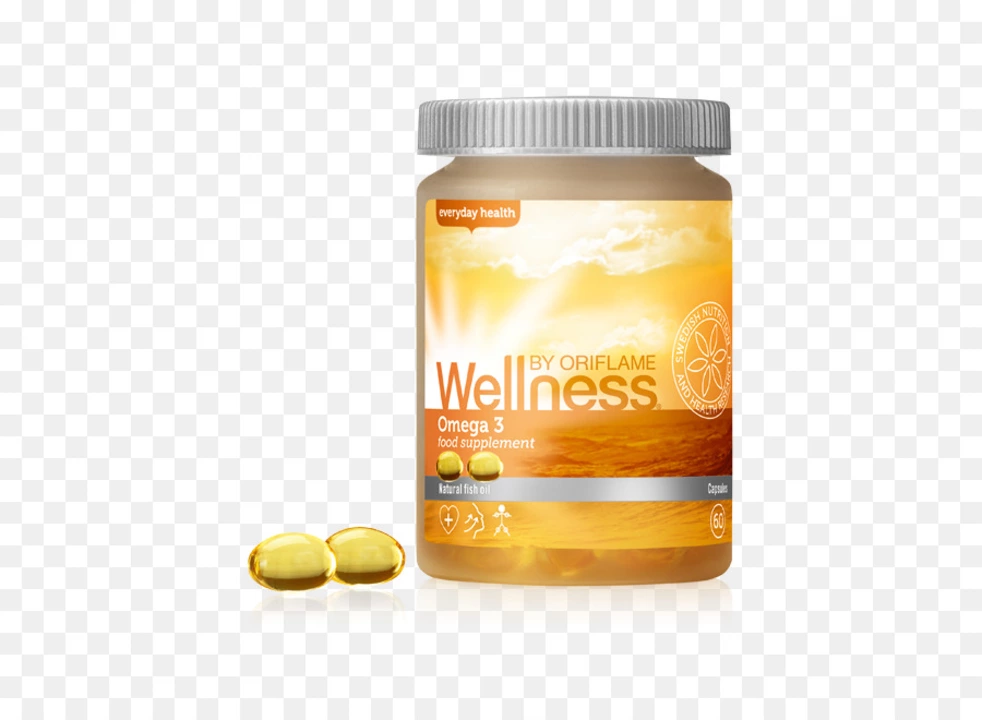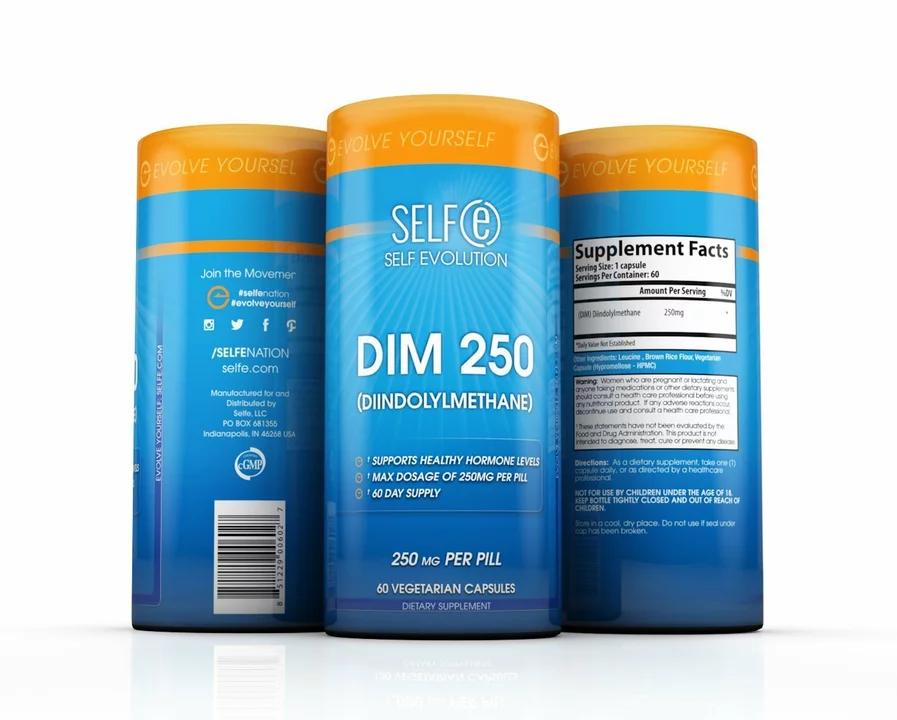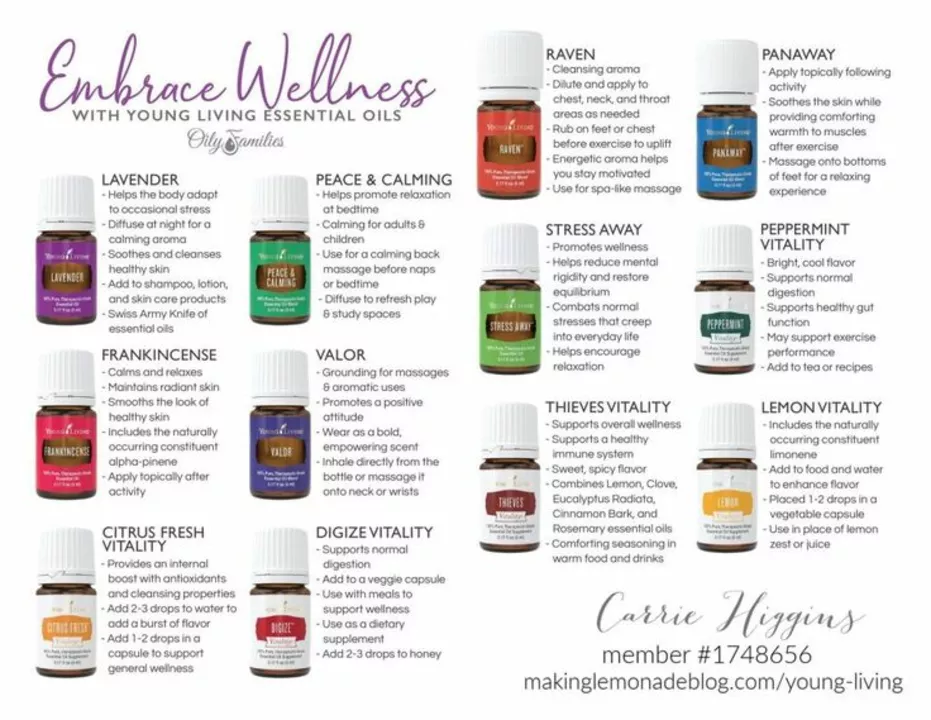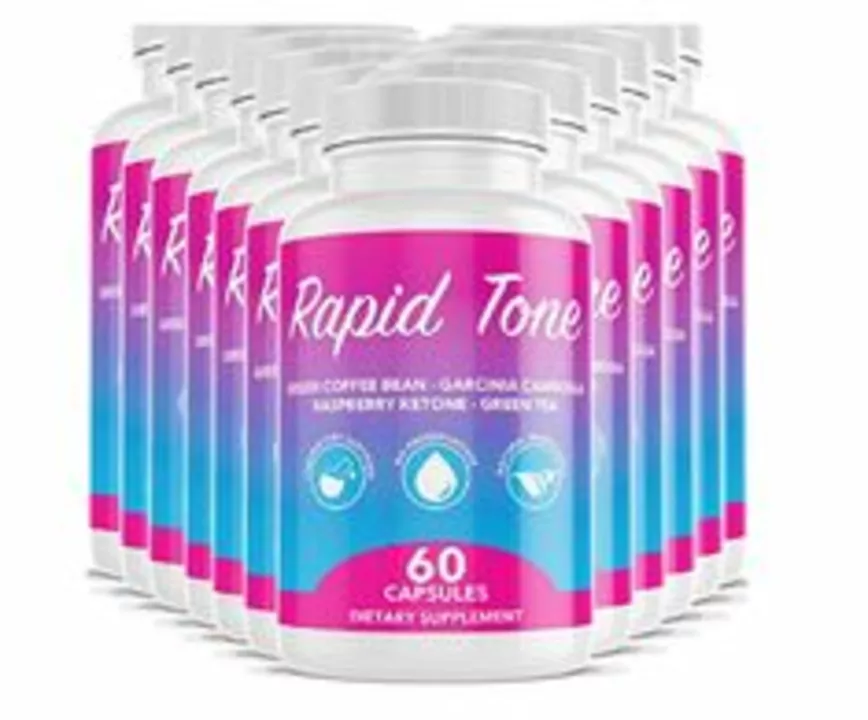Dietary supplement: How to pick safe, useful products
Supplements can help fill gaps in your diet, support recovery after illness, or address specific nutrient needs. But not every pill on a shelf is worth your money — and some can be risky. This page gives clear, practical steps to choose supplements safely, avoid bad interactions, and shop without getting scammed.
How to pick a quality supplement
Start with the label. Look for the active ingredient and the exact dose (for example, 1000 IU vitamin D or 500 mg omega‑3). If a product lists a “proprietary blend” without amounts, skip it — you can’t compare value or safety. Check the supplement facts for serving size, other ingredients, and allergens like soy, gluten, or shellfish.
Choose brands that show third‑party testing. Badges from USP, NSF, or ConsumerLab mean the product was tested for purity and correct ingredient amounts. Also check for a lot number and an expiration date — these tell you the company tracks quality.
Avoid mega‑doses unless a clinician recommends them. More isn’t always better: fat‑soluble vitamins (A, D, E, K) can build up and cause harm. Follow the labeled dose and ask your doctor before increasing it.
Safety tips: interactions, special groups, and buying online
Supplements can interact with prescription meds. Common examples: some herbal products change blood thinning (like warfarin) effects; St. John’s wort lowers levels of many drugs. If you take any regular medicine, tell your provider about every supplement you use — name, dose, and how often.
Special groups need extra caution. Pregnant or breastfeeding people, children, and people with kidney or liver disease should consult a healthcare professional before taking new supplements. For kids, doses differ — don’t use adult products unless directed by a clinician.
Buying online is fine when you pick reputable sellers. Prefer official brand sites, known retailers, or pharmacies. Watch for red flags: huge discounts on expensive formulas, no clear contact info, and claims of curing diseases. If a site sells prescription drugs without asking for a prescription, steer clear.
Want practical checks? Google the brand plus “recall” or “ConsumerLab” and read short reviews. Keep receipts and packaging in case you need to report a problem. Store supplements in a cool, dry place away from sunlight to preserve potency.
On this tag page you’ll find deeper reads — product reviews, safety warnings, and tips on buying meds online. Browse articles about DMSO, omega‑3s, prenatal supplements, and how supplements can interact with common medicines. When in doubt, talk to a pharmacist or your doctor — they can review interactions and suggest safe, evidence‑based options.


